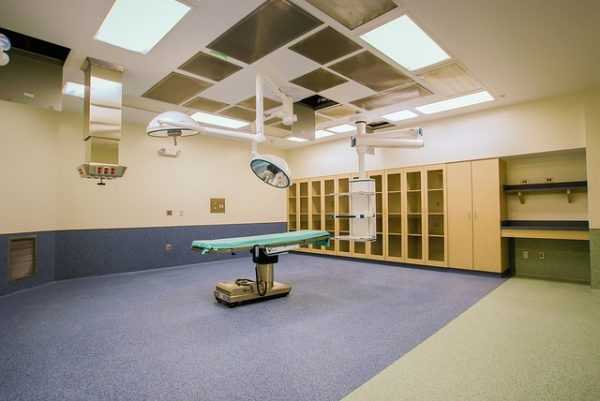Robert E. Windsor, an Atlanta-area physician, was sentenced on October 24, 2016 to three years and two months in prison for filing over $1.1 million in false claims for surgical monitoring services that he did not perform. Windsor will also serve three years of supervised release and pay $1,169,580 in restitution. According to U.S. Attorney John A. Horn for the Northern District of Georgia, Windsor was paid to monitor a patient’s nerve and spinal cord activity during surgery and communicate with the surgeon in the operating room who is performing the surgery. Windsor was also responsible for providing a monitoring report at the conclusion of each surgery and would then bill patients and health insurance companies for the monitoring. Windsor was paid a fee for each surgery monitored.
However, between January 2010 through July 2013, Windsor had an unqualified medical assistant monitor surgeries for him, using Windsor’s log-in credentials to make it appear as if he was monitoring the surgeries when he was not. The medical assistant was not a doctor and was not permitted to perform the monitoring services. Windsor submitted monitoring reports falsely stating that he had conducted the monitoring and such representations were relied on in billing health insurers for his services. On several occasions, Windsor billed for monitoring services he supposedly performed when he was actually on a plane traveling internationally. Windsor was paid over $1.1 million for monitoring services he did not perform.
“In my many years of investigating health care fraud, Dr. Windsor’s utter disregard for patient safety and his extreme greed stand out. His arrogance in billing for fraudulent services performed by an unqualified employee on patients undergoing surgery is truly shocking,” said Derrick L. Jackson, Special Agent in Charge for the HHS Office of Inspector General. “Our agents, working with our law enforcement partners, strive to protect the well-being of patients and the government health programs designed to serve them.”
The case against Windsor is a criminal case. However, under the qui tam provisions of the False Claims Act, whistleblowers with information about similar fraud against the government may bring a civil case on behalf of the United States. If successful, the government can recover three times the amount the defendants fraudulently billed the government. The whistleblower, who originally filed the case, is entitled to 15-30% of the government’s recovery as well as their attorney’s fees.






Talk with an Expert
Frohsin Barger & Walthall
Call 205.933.4006 or
Send us a Message